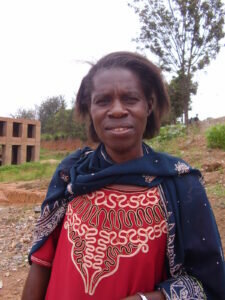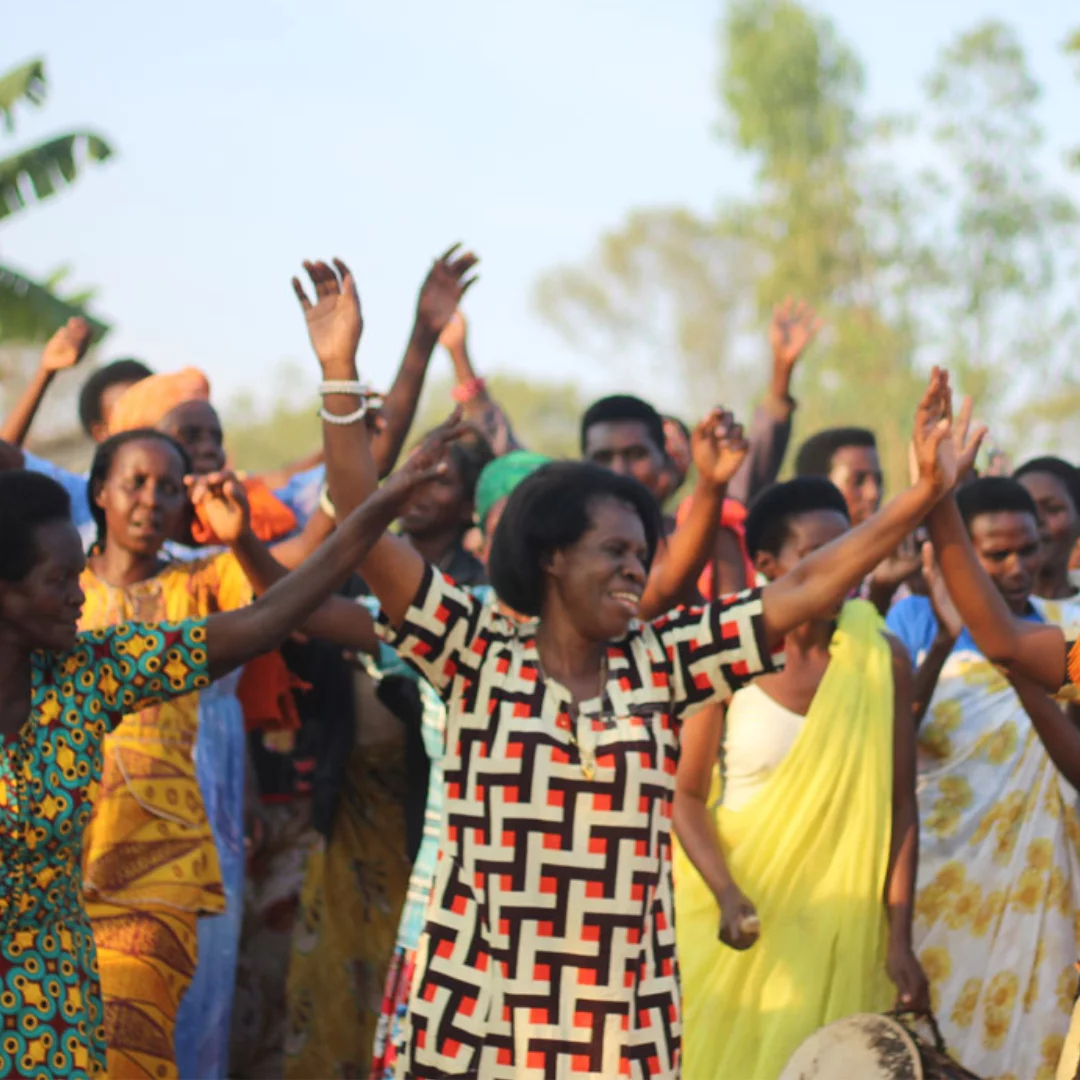Rwanda, often called the “land of a thousand hills,” is a small but densely populated country of 8 million people in eastern Africa. The 1994 genocide of the Tutsi by Hutu militia left Rwanda with numerous widows, orphans, and traumatized survivors of violence, as families and communities were torn apart. Today, according to UNESCO, an estimated 30% of households are headed by women who tend to be poor, widowed, and illiterate. This is the population that Godeliève Mukasarasi set out to serve when she founded Solidarité pour l’Epanouissement des Veuves et des Orphelins visant le Travail et l’Autopromotion (SEVOTA). Herself a survivor of the 1994 genocide, she used her background in social work to establish a nationwide organization that would help survivors regain their strength and rebuild their lives.

Godeliève Mukasarasi
SEVOTA offers functional literacy classes combined with educational discussions focusing on health and HIV/AIDS awareness, human rights, women’s and children’s rights, environmental protection, peace and conflict resolution, and entrepreneurship as well as other topics of interest. Literacy activities target the younger women while the focus for the older widows is on practical education topics.
In recognition of the tremendous impact SEVOTA has had on the lives of women in Rwanda, ProLiteracy presented Mukasarasi with the Ann C. Michel International Women in Literacy Award at our biennial conference in October 2022. This award is sponsored in memory of former ProLiteracy board member Ann Michel who passed away in 2004. It recognizes an international literacy organization that helps women in greatest need in developing countries make significant life changes through literacy.
Safe spaces for healing, learning
Through literacy classes, SEVOTA creates safe spaces for dialogue so that women, both Tutsi and Hutu, can talk about their pain and work towards reconciliation.
ProLiteracy has partnered with SEVOTA since 1998 and recently supported the completion of the “Rwandan Women’s Health Handbook,” an educational resource to improve the knowledge about sensitive health topics while incorporating specific content to improve their literacy level. The project impacted a group of 300 low-literacy women from rural areas and covered sensitive health topics of interest for the women and their communities such as: emotional and mental health, sexual health, and transmission of local diseases. Through this initiative, 60% of participating women improved their literacy abilities and health knowledge, and they acquired the necessary and useful skills to learn about health, better manage their daily lives, and participate fully in their communities.
Today SEVOTA brings together over 80 associations with 2,000 members working in all local administrative units and reception centers for genocide survivors and victims of violence and other traumas.
To reinforce the sustainability of the program and extend the results, ProLiteracy awarded a new grant to SEVOTA to fund the project “Women: Better Life First,” which will look to disseminate the educational content of the “Rwandan Women’s Health Handbook” to 350 young women and their households.
